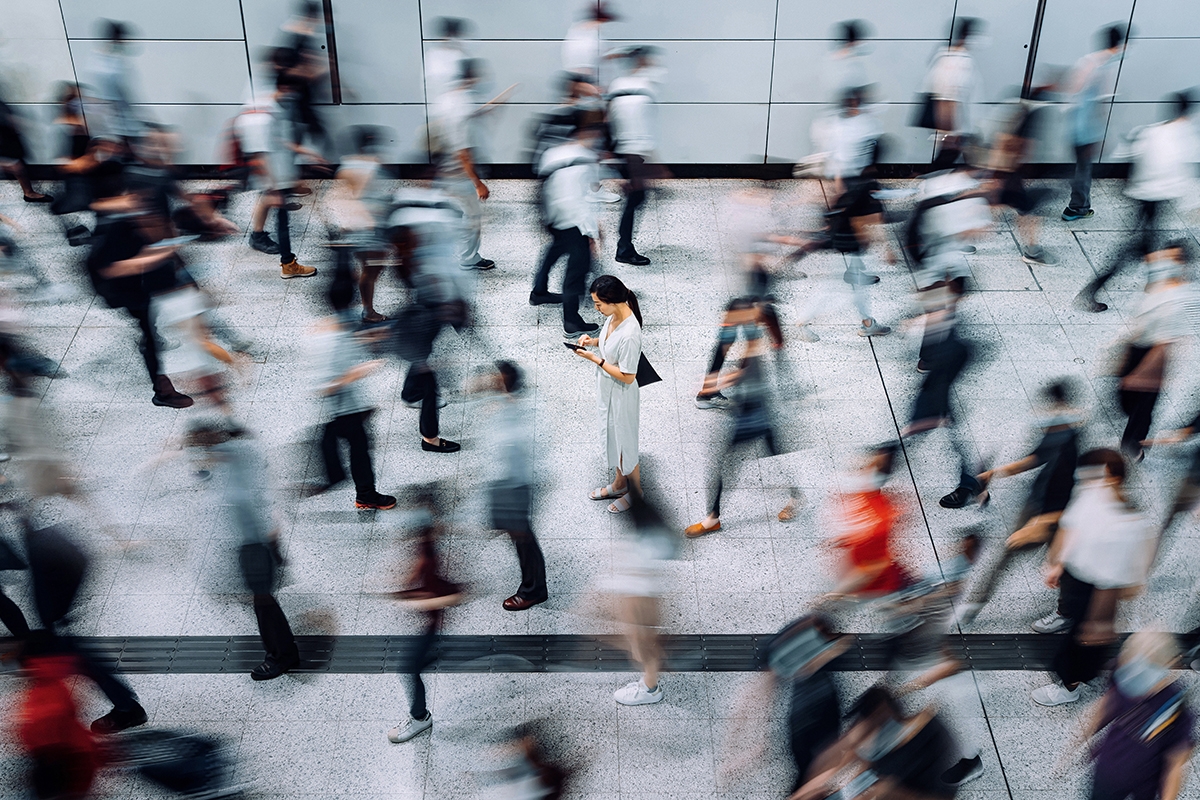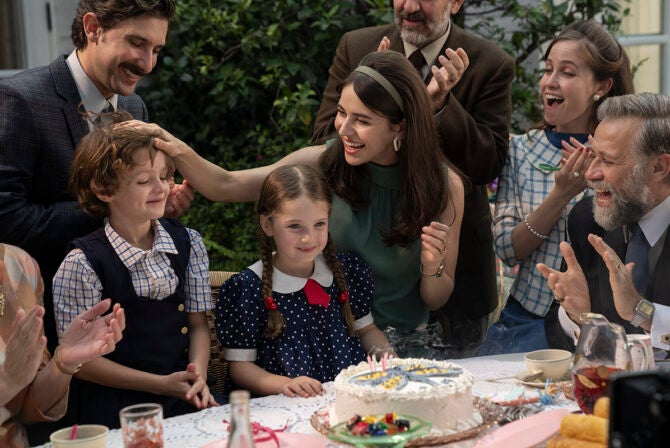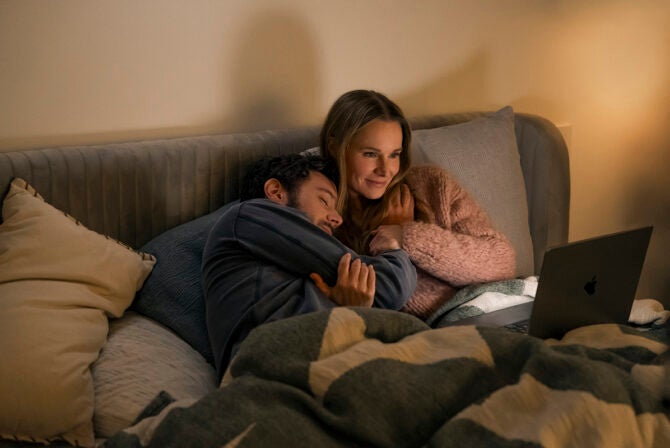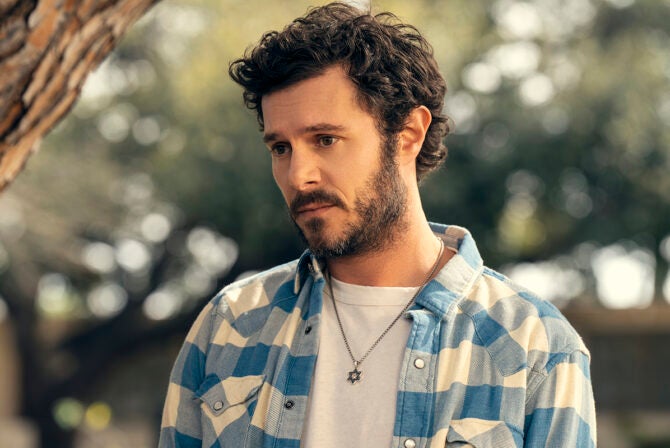In every context, re-entry is hard. Whether you’re on a spaceship attempting to return to Earth, or you’re a kid returning home after a summer away at camp, it’s not so easy to come back to “normal.”
But what if “normal” as we knew it doesn’t really exist anymore?
As a parent in the beginnings of this kind-of, sort-of post-Covid era, I find myself struggling to resume my “normal” life and tasks. I guess you could call me “return-resistant.” As the world around us opens up more and more, us parents are apparently once again expected to do things like fill out forms for summer programs, buy pretzels for the entire first grade class and actually remember to pick up our child from softball. Pre-pandemic, I’d say I had about a 90% success rate at accomplishing these tasks (which, considering that I have six kids, should really earn me consideration for some sort of global prize).
But now every one of these endeavors, however small, seems shockingly exhausting and insurmountable. I find my eyes glazing over as I uncomprehendingly read the parking instructions for the elementary school drive-in variety show. I seem to be completely incapable of figuring out how to get an epipen sent to my daughter’s camp, which surely isn’t as impossible as it seems. My work calendar is revelatory: I open it daily, and each day have no recollection of the things I’ve written into it just days before. And when ⅔ of my kids finally hit the hay in the evening, I don’t use that time to attempt to restore and recharge. Instead, I flush hours of my precious free quiet time down the toilet by playing endlessly unfulfilling games of Words With Friends. Basically, I’m treading water to keep myself from thinking about the fact that I feel like I’m drowning.
Maybe we’re “done” with Covid (are we?), but it sure doesn’t feel like it’s done with me. In theory, we’re all excited to see and hug each other again. But it feels like a herculean effort to make plans, to contemplate whether it’s actually safe to do so, to consider the as-yet-unvaccinated in our worlds and households. I’m so sad hearing about the spread of Covid in friends’ families in other parts of the world, and hate wondering when, or if, it will come back around to us and if our vaccinations will be effective. The anxiety, no longer acute, is now chronic. And truthfully, I’m tired of my job as an armchair virologist with no medical training. In fact, I’m just tired, period.
Much has been made of the phenomenon of “languishing” during this liminal period, meaning stewing in a pandemic-fostered mix of depression and stasis. Then again, “languishing” sounds like something best done in a Henry James novel with a lace fan. I feel more like I’m being run over, repeatedly, by a steamroller — and that it won’t stop until I’m completely flattened.
As parents, it’s been wrenching to have to rejigger our work lives over the past year-plus around the ephemerality of in-person school. We’ve constantly had to recalibrate our emotions in the face of spreading disease, and still somehow manage to be the guiding light of our households through the darkness while not being able to see a thing ourselves. Being a parent in the time of Covid — and thereafter — feels like all the feelings, multiplied in an endless series of funhouse mirrors that aren’t really fun at all.
Which brings me to June. Even in years before 2020, this annual crush of end-of-school activities is a fast-and-faster-paced cavalcade of final performances, dances, award ceremonies, team dinners, art shows, graduations and graduation parties — one after the other, in rapid succession. All of these things are wonderful milestones, celebratory and good. That being said, in a normal year, if June had a soundtrack, it would be “Flight of the Bumblebee” mixed with “Dueling Banjos,” most likely played on a recorder.
The end-of-year-chaos seems to have returned in almost full form this year. But the thing is, the world isn’t the “normal” it was before Covid, and I think part of my existential fatigue is rooted in the unacknowledged idea that it never really will be. What I mean by that is that we will never again live in a world where we haven’t been through a pandemic. We can’t just go back to the old ways of doing things — like “whackadoodle June” — so easily; the old routines no longer exist, and we find we are too tired from our chronic stress to cope with whatever lies ahead. Over the past year-plus, uncertainty has become our new normal, and that stress is a routine that gives us no comfort.
Just when will I recover from this unnamed state and stop phoning it in? I ponder this as I throw my 8,893th tray of pizza bagels into the oven and sign the year-end homework I didn’t really look over. Minutes prior, my 7-year-old daughter said, “I don’t want to do my homework,” and I responded, “Great, because I don’t want to yell at you about doing it.” Did she ever do the homework? Who knows?
Will I ever not feel like a space capsule reentering the planet’s atmosphere, burning up on return? Covid’s ending and we’re supposed to be closer to OK. And the fact that I can’t live up to those “supposed tos” adds insult to injury.
That’s why I suspect that maybe our best hope for the future lies in abandoning the “supposed tos” of the Before Times, both as people and as parents. After all, in the past year and change, we’ve seen how readily those “supposed tos” have abandoned us.
I’d like to make the case for us all — and especially those of us who are parents — to take a deep breath and reconcile ourselves to NOT getting back into the swing of things so quickly. Yes, we’re probably going to still have to make our kids do homework in these last few days of school. But in a month of liminal moments, we can and should take the time we need to dwell on the mix of conflicting feelings we have about resuming our lives. We can use our Covid experiences — the trauma, the stress, the fear — as an opportunity to be honest and to acknowledge that even if we are theoretically OK, we’re actually not OK.
Let’s create a “new normal” in which we don’t actually have to have our shit together. For example, I’ll show up for the graduation ceremony, but don’t expect me to wear mascara. Instead, I’m going to look like someone who has been through a lot of crap over the past year, because I have. Let’s stop clinging to aspirational appearances of infallibility, to rigorous schedules and busyness as pillars of our self-definition. Let’s start turning down at least some of the opportunities to get back on the endless hamster wheel of obligations when a night home would be better for our mental health.
Our collective trauma due to months of chronic stress would be easier to handle if we could re-enter a world where the need to pretend that “we got this” goes the way of the telephone booth and smoking on airplanes. Instead, let’s all agree that returning to society, even the things we longed for, are harder than we expected them to be. Let’s extend some compassion to each other, and maybe if we’re feeling super generous, even to ourselves.








